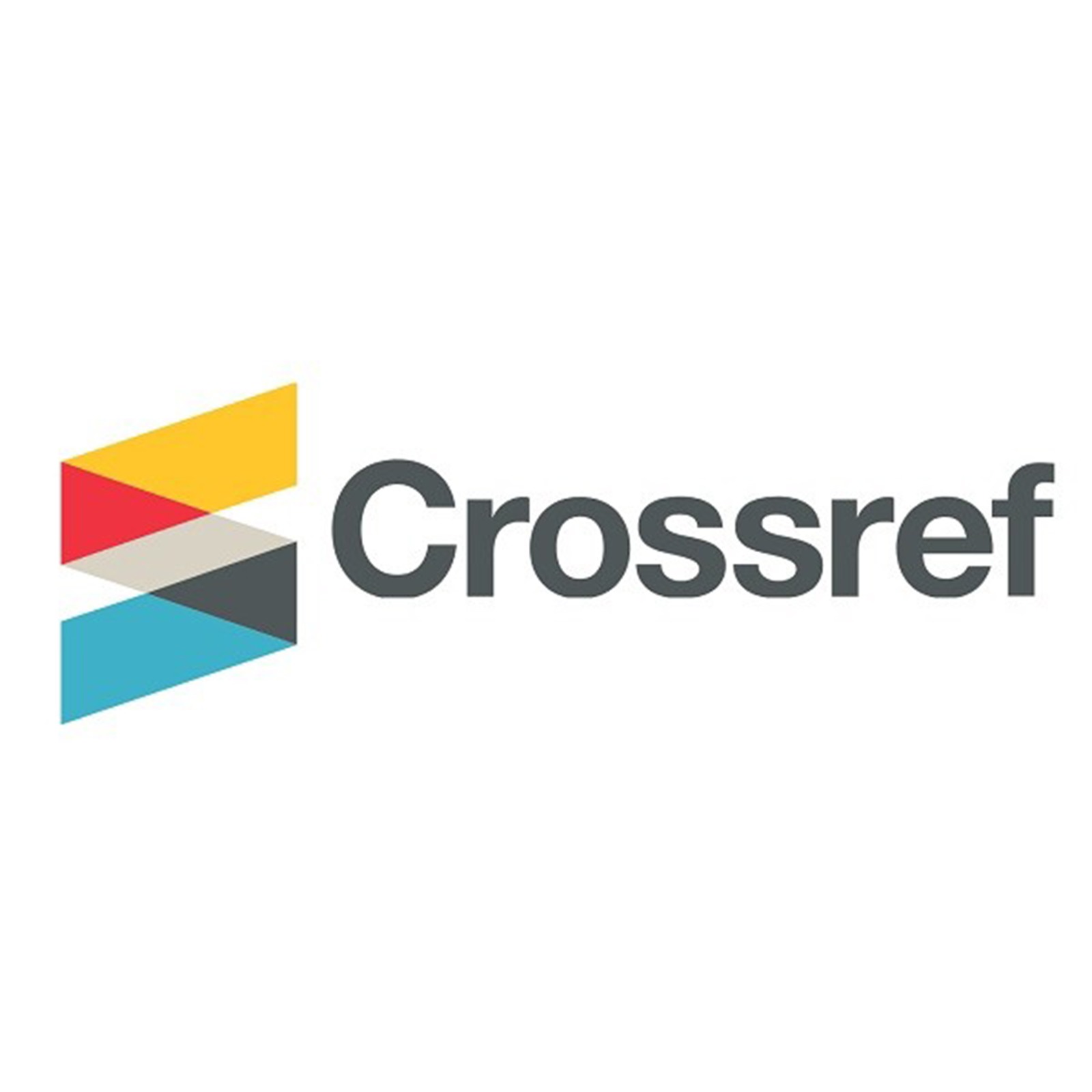RESILIENSI MAHASISWA PENERIMA BIDIK MISI
DOI:
https://doi.org/10.32585/advice.v1i2.594Abstract
Penelitian ini bertujuan untuk mengetahui resiliensi mahasiswa penerima beasiswa bidik misi. Metode yang digunakan dalam penelitian ini adalah metode penelitian kualitatif dengan pendekata studi kasus. Responden penelitian ini adalah mahasiswa penerima beasiswa bidik misi sebanyak dua mahasiswa yang memiliki kriteria 1) Mahasiswa penerima beasiswa bidik misi, 2) memiliki IPK ± ? 3,50, 3) aktif dalam organisasi kemahasiswaan serta memiliki prestasi dalam bidang karya ilmiah. Pengumpulan data menggunakan wawancara terbuka, wawancara non formal dan observasi. Data yang didapat pada penelitian ini kemudian di deskriptifkan. Dari data deskriptif ini kemudian dilakukan analisis jawaban, yang selanjutnya dikodekan dan dilakukan identifikasi untuk mendapatkan tema-tema dalam dalam penelitian. Resiliensi mahasiwa penerima bidik misi dapat dilihat dari aspek meaningfullnes, preserverance, equanimity, self reliance, dan exsistential aloneness. Mahasiswa penerima bidik misi ternyata dapat melepaskan dirinya dari stresor ekonomi dan keluarga sehingga mahasiwa penerima bidik misi menjadi pribadi yang memiliki tujuan jelas dalam kehidupan.Downloads
References
Adrian Du Plessis Van Breda.2001. Riselence Theory: A Literature Review. Pretoria, South Africa: South African Military Health Service, Military Psychological Institute, Social Work Research & Development
Anastasia,B.,Iro Mylonakou,K.,Orania,K.,and Nikolaos,T.2017.Primary School Teachers’ Resilience During The Economic Crisis In Greece.Journal Psycology vol 8
Anita Novianty.2011. Penyesuaian dusun jangka panjang ditinjau dari resiliensi komunitas pasca gempa. Jurnal Psikologi. Volume 38. No 1. Juni 2011. Hal 30-39
Anwar Sutoyo.2009.Bimbingan dan Konseling Islami.Widya Karya.Semarang
Black,K and Lobo,M.2008.A Conceptual review of family resilience factors.Journal of Family Nursing vol 14 pp 33-55
Bonano, G.A., Galea, S., Bucciarelli, A., and Vlahov, D.2007. What psycho-logica resilience after disaster? The role of demographics, resources and life stress. Journal of Counsulting and Clinical Psychology vol 75 pp 671- 682.
Connor, M.K.2006. Assesment of resilience in the aftermath trauma. Journal of Clinical
Everal, D.R., Altrows, J.K., and Paulson, L.B.2006. Creating a future: A study of resilience in suicidal female adolescents. Journal of Counseling and Development vol 84 pp 461-470.
Frederickson, L.B., Tugade, M.M., Waugh, E.C., and Larkin, R.G. 2003. What good are positive emotion in crisis? A prospective study of resilience and emotion following the terorrist attacks on the United States on September 11th, 2001. Journal of Personality and Social Psychology vol 84 pp 365- 376.
Nurul, Atieka. 2015. Self Efficacy Of Orphanage Adolescent And Improved Through With Group Counseling Approach. Guidena Journal of Guidance and Counseling. Volume 5. No 2. December. 2015
Ray Dev, Bonnie dan Robert.2005. Resilience in Children,Families, and Comunities.Plenum Plublisher.New York
Wagnild, Gaild (2009).A Review of The Resilience Scale. Journal Of Nursing Measurmen, 17 (2)
Yansaputri Intan Shabrina,Wijaya Hariz Enggar. The Role of Social Emotional Helat on Academic Achievement of College Studens.Guidena Journal of Guidance and Counseling. Vol 7 Nomor 1 Juni 2017
Downloads
Published
Issue
Section
License
Authors who publish with the Advice: Jurnal Bimbingan dan Konseling. agree to the following terms:
- Authors retain copyright and grant the journal the right of first publication with the work simultaneously licensed under a Creative Commons Attribution License (CC BY-SA 4.0) that allows others to share the work with an acknowledgment of the work's authorship and initial publication in this journal.
- Authors are able to enter into separate, additional contractual arrangements for the non-exclusive distribution of the journal's published version of the work (e.g., post it to an institutional repository or publish it in a book), with an acknowledgment of its initial publication in this journal.
- Authors are permitted and encouraged to post their work online (e.g., in institutional repositories or on their website) prior to and during the submission process, as it can lead to productive exchanges, as well as earlier and greater citation of published work.







